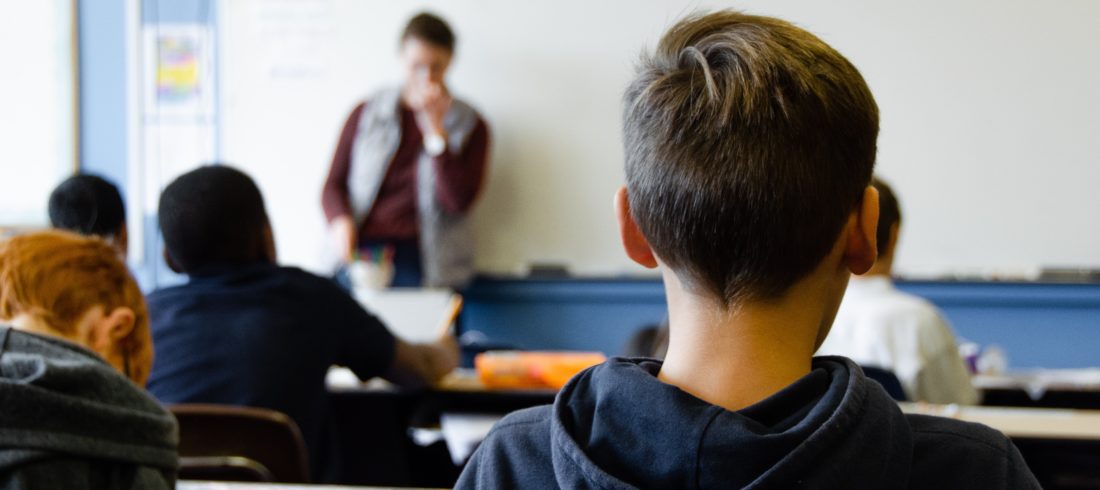For almost every parent, it feels like an eternity since we began social distancing. In reality, it’s been about six to eight weeks. And if you’re a parent with school-age children, that’s just long enough to begin wondering: when can my kids go back to school?
Here in New York, schools shut down in mid March, when restaurants and bars were also shuttered. At the time of this writing, in-person classes are theoretically set to resume on May 15, pending better data and a public health plan, Governor Andrew Cuomo has said. On April 29, the state Education Dept. and Board of Regents released a statement announcing a task force would be convened to guide reopening schools.
So, when are schools reopening? It’s unclear – an answer that can leave a lot of parents in limbo. We sat down with Dr. Kimberly Clare, a pediatrician at Premier Medical Group (PMG), to get some insights. Here’s what we found.
Schools & Viruses
Dr. Clare knows more than a thing or two about school health. Before joining PMG, she was a physician at a local school district, where her role was similar to a medical director. She worked with the district to set policies for nurses and keep track of sports physicals and immunizations, among other tasks.
While Covid-19 is novel, it isn’t the first virus to widely disrupt education, Dr. Clare notes. Back in 2009, the H1N1 virus, also known as “swine flu,” infected an estimated 60-million Americans. She recalls school nurses checking students’ vitals and sending home those with an elevated temperature. This was a shock for some families. “People really struggled with that because, at that moment, people weren’t feeling sick,” she said.
Of course, H1N1 and Covid-19 differ in a number of ways, as Dr. Clare explains. Based on available data, swine flu was not nearly as deadly or disruptive to businesses and institutions, such as schools, as today’s coronavirus.
Parenting in the Time of Coronavirus
Today, Covid-19 is a major concern for many parents. “They tell me,” Dr. Clare said, “I don’t want to send my child back to school, where they can get a life-threatening illness.” Often, families ask about the risk of their child becoming very sick. Responding to this, she tends to reassure parents that medical professionals are working to reduce the risk posed to children and the wider community. Early data suggests that most children are at a lower risk of developing severe symptoms than adults.
Dr. Clare notes kids may also feel worried. Here are a few ways parents can help relieve their child’s anxiety:
- Explain the pandemic in terms and concepts that are age appropriate
- Be honest about your feelings when speaking with your child
- Reassure them that we are all in this together
So, When Can My Kid Go Back to School?
“Well, it’s the great debate,” Dr. Clare said with a laugh, “will schools reopen before September or not?” Currently, she anticipates students could return to school at the start of the next academic year. By then, she expects districts will have the resources to create conditions that limit coronavirus from spreading, including:
- Data to suggest what share of people were ill or exposed
- A better understanding of risk factors
- Cleaning protocols
- And ways to implement social distancing policies at the school level
Where Do We Go From Here?
Even if you are not on the front lines – such as doctors, nurses, EMTs, delivery drivers and grocery store workers, among others – each of us has a role to play during the Covid-19 pandemic. We have heard of parents adapting to new challenges of becoming educators. Students play a vital part by following social distancing guidelines – even when they’d prefer to visit friends. And a case could be made that most children want to return to school, a setting aimed at nurturing their independence and social wellbeing.

